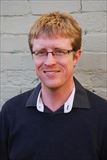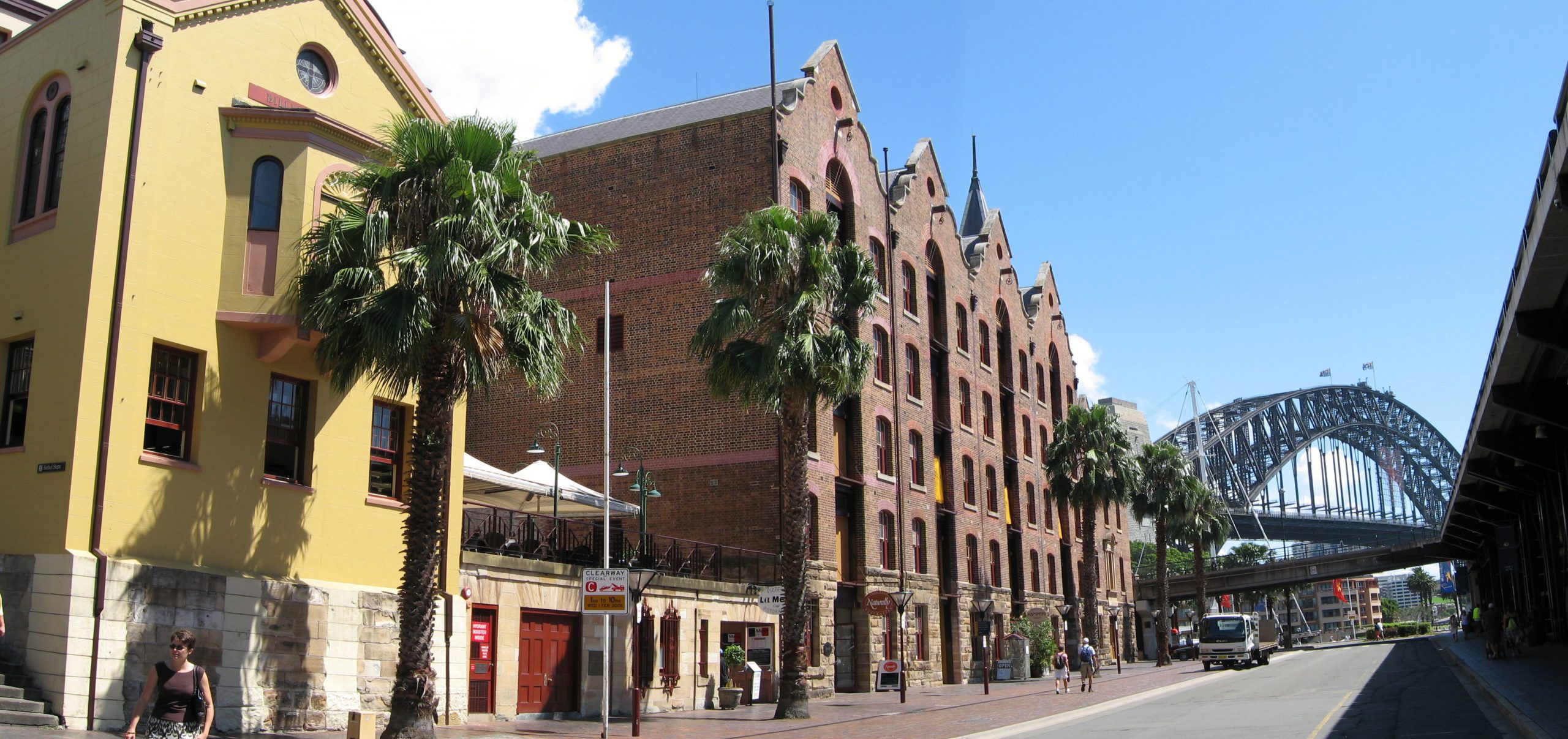…the newly elected chair of the PHA NSW & ACT
 What is your current position?
What is your current position?
As with so many of our members I am involved in a range of projects. I was privileged to have been elected Chair of the PHA NSW& ACT at the last annual general meeting and am currently a member of the Heritage Council of NSW, a position I have held for three years. Although the official position of historian was dropped from the Council some years ago, I effectively fill that role by providing a historical voice to the Council.
I have also just completed a PhD in the colonial history of the Hunter Valley at the University of NSW. Having grown up in the Hunter and being descended for convict stock on both sides of the family, it was an interesting project both personally and professionally. It was not a family history but being told as I grew up about our family’s past I thought I had a fair handle on the Hunter. Of course I only knew the basics!
With the PhD behind me I am returning to work as a consulting historian in the heritage industry, while looking for new opportunities to engage with what the PhD has churned up.
What made you pursue a career in history?
I have always had an interest in the past, fostered by my father in particular. Convict ancestors, Dad’s storytelling of growing up in a country town in the 1930s, a stained postcard allegedly recovered from the beach and sent from Gallipoli from a long -dead relative: all these things fascinated me. A couple of great history teachers at school brought it all to the fore. They showed me it wasn’t all just great stories but that history was about analysis and questions that could inform the current state of things.
The career started with a degree and a lucky break. In 1994 as I was really wondering what to do next, The Big Dig started in Cumberland St, The Rocks. It was the largest urban archaeological project in Australia to that time, and remains the most significant. The dig team needed volunteers and so I worked for $10 a day for four months, all the while telling the archaeologists that I could help them with the research for their other projects that needed historical background. Work started to come and eventually I was employed as a full time historian and part-time, back-up archaeologist.
Who is your audience?
The audience for much of my work are archaeologists, architects or planners and eventually the developers or government clients those people are working for. That is the nature of the beast in the heritage industry and does dictate the style of the history they want. The work needs to be succinct, make the point about why something is significant or important and inform the archaeologists or otherwise what they should be thinking about in regard to a building or site. Often the work will end up in the public domain in some form, such as on interpretation panels or more recently, on building site hoardings. It is a challenging form of writing that needs to be engaging in a few short paragraphs, while still conveying the essence of the history of the place.
What is your favourite historical source?
Without doubt my favourite historical source is the Mitchell Library collection. Although I had used it for almost every project I worked on when I was working full time, the opportunity that the PhD afforded me to sink into its endless possibilities was a highlight.
Where would you go if you had a time machine?
Probably The Rocks, circa 1820. I could experience the mix of communities, the convict and emancipist families, the multicultural melting pot that was colonial Sydney and that started me out as a professional historian. I could probably also get a ride on a coastal trader up to Newcastle and check a few details from the thesis while I was there.
Why is history important today?
History becomes more important each year. With significant historical commemorations since Australia’s bicentennial, and particularly now in the middle of the Great War centenary, the past is bandied around by politicians, commentators and commemorators. It is used and abused almost daily and it is our role as historians to provide the analysis and context that transforms the past into history.
[Image: The Rocks from http://www.weekendnotes.com/sydney/the-rocks/walks/]

One of the most important aspects of history writing is communication. It’s Pointless to write history for the accolades of a peer group of scholars. We need to be communicating Australian history to ordinary Australians. Migrant groups are interested in the history of Australia, but they know very little and it’s not their fault. They went to schools where Australian history was never taught.
We should be producing accurate and properly researched publications directed at the ‘general and recreational’ reader. They should be personality centred and not be too much of a mental slog because no one outside an educational facility can be forced to read a book.
Australians need to know more about their own country — to know what happened, why it happened and understand the consequences.
Our culture is being diluted. We should no longer allow those who say we have no culture to talk down to us. The culture that emerged from the convict system, the gold rush, federation, the depression and all the wars we’ve fought in is a valid culture and something worthy of preserving.
I urge all trained historians to get out there and communicate — write, blog, speak at meetings and generate some national pride.
A great background for a President of the PHA. A good blend of volunteer,consultative and academic work.
Congratulations on taking on an important role in history-making state-wide.
I echo Bruce Pennay’s comments. Great to have you as PHA President Mark, having much appreciated your work on HerItage Council where you have occupied the official historian position as someone ‘in the opinion of the Minister with expertise in Australian or NSW history ‘. Since 2009 it’s been an optional membership position but there has been one. It’s crically important for state-wide heritage decision-making that there continues to be a historian on the Heritage Council.
Congratulations on the new position.